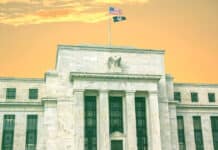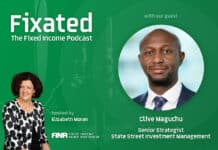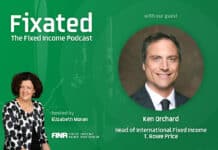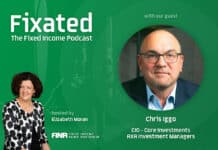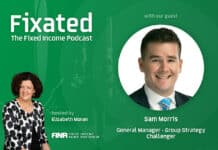
An inverted yield curve can be a signal that there will be a recession – and the current one is concerning investors.
However, “yield curves are not as reliable as expected as there are a number of factors that one has to consider”, says Equity Trustees Asset Management.
“An inverted yield curve does not necessarily lead to a recession,” points out Lindsay Skardoon, Portfolio Manager Fixed Income at Equity Trustees Asset Management. “An inverted yield curve highlights the demand for credit expansion has slowed, but this does not necessarily translate into a recession.”
Mr Skardoon suggests, “As a precursor to indicating a recession when inverted, there are only a few instances since 1927 when the bond curve has been inverted and a recession followed. Since 2008 we have had a number of times when the curve was inverted and no recession.
“Yield curves are about expectations and market participants views. Inverted yield curves at times have heralded a recession, but often they have not.”
Also read: Can Anything Stop The Credit Train?
He says, “The US yield curve appears to be pricing in a ‘Goldilocks’ outlook. There is an expectation that rates could fall, however the evidence is that the US economy is growing – albeit at slower rate.
“Currently, around 3.4%, which is stronger than many developed economies and above its long-term average growth rate. The US shift to services from purchasing goods is helping to create jobs Overall Inflation has trended lower from 8% to a more moderate 4%; though inflation is expected to remain sticky.”
Mr Skardoon adds, “One of the prime drivers of the US equity market has been the strength of earnings per share (EPS) growth and this EPS growth looks set to continue – unlike many counterparts in developed economies, where EPS growth is sluggish or negative.
“Also, many US home borrowers took advantage of low mortgage rates and locked in 30-year loans (some 70 per cent of the mortgage market are locked in at levels below the prevailing mortgage rate of 7%), so they have a buffer to some degree. “
“Overall, should the Federal Reserve ease then there is a case that looser economic conditions could possibly invigorate an already robust economy. ”










